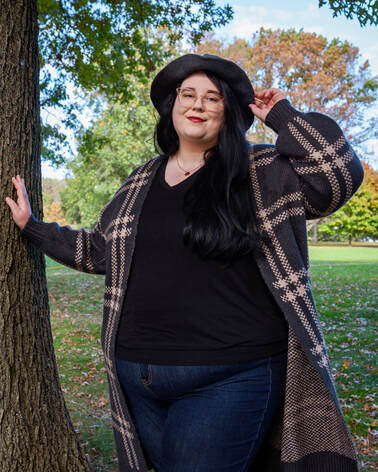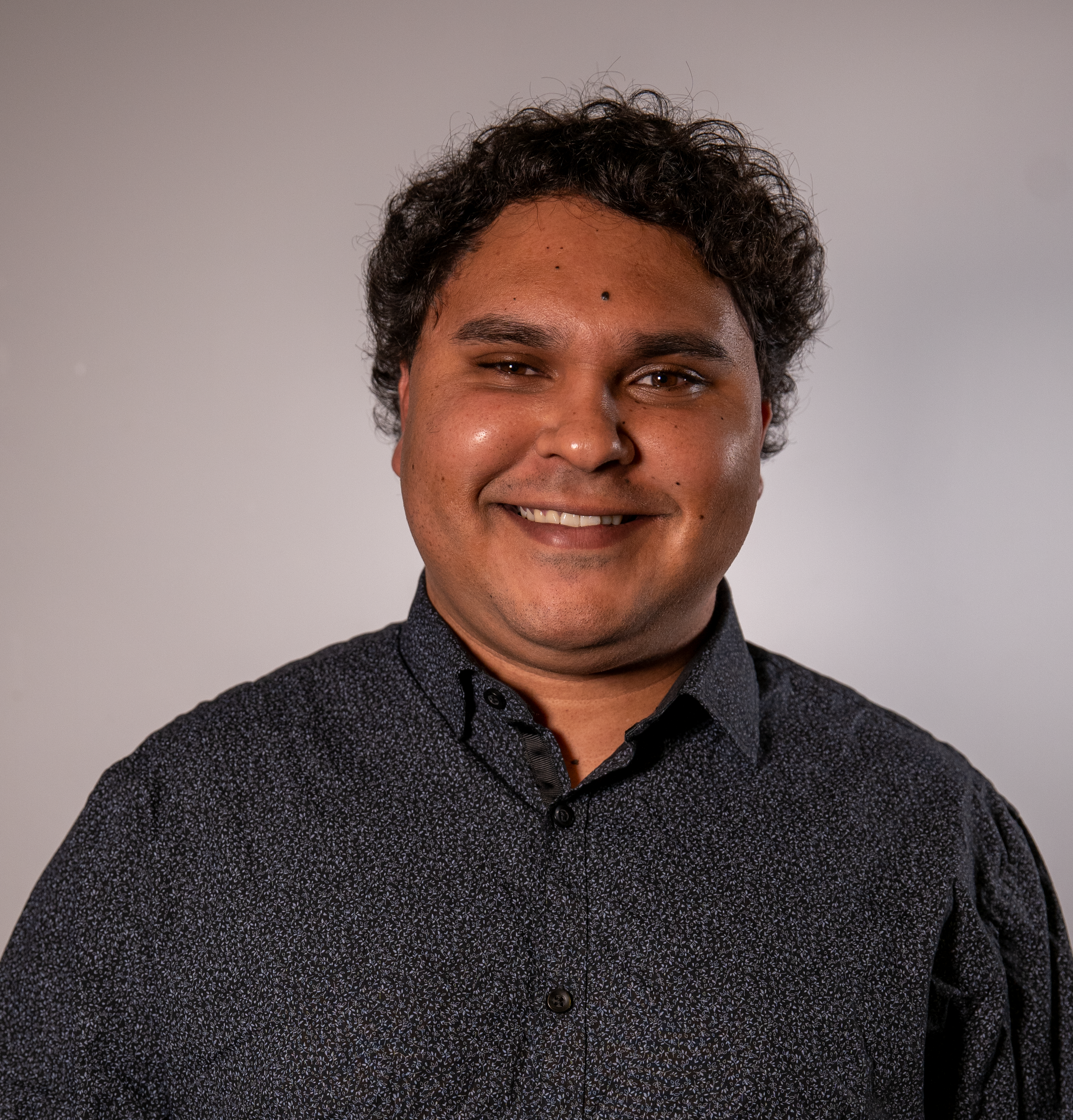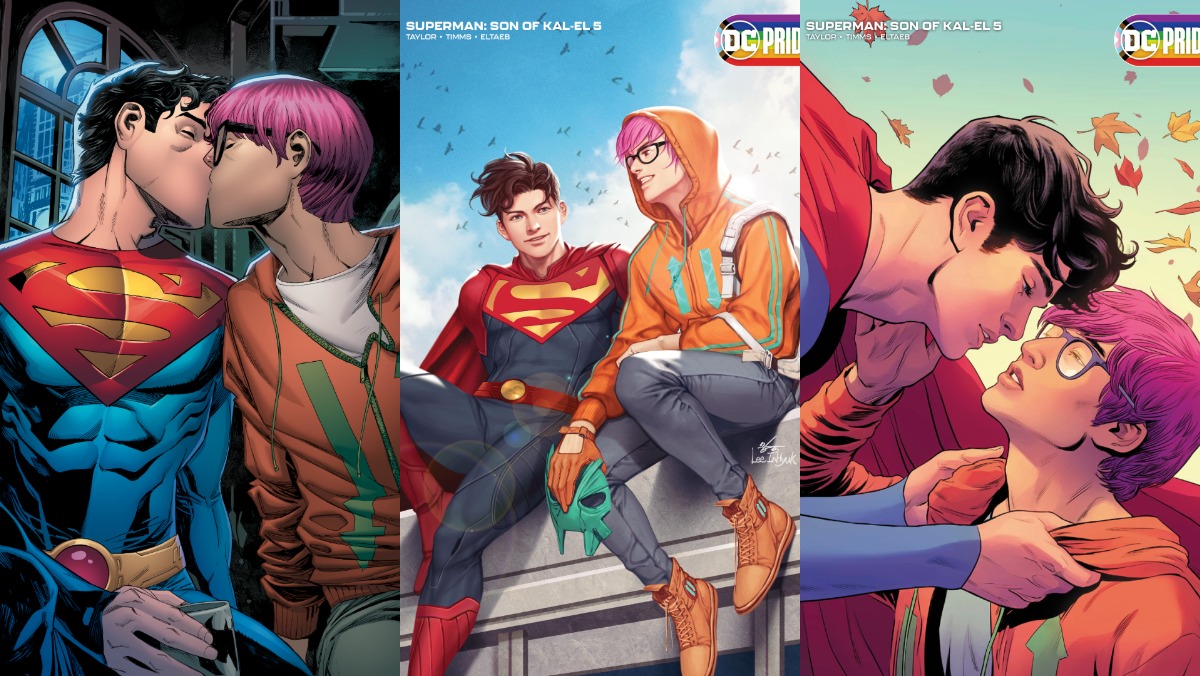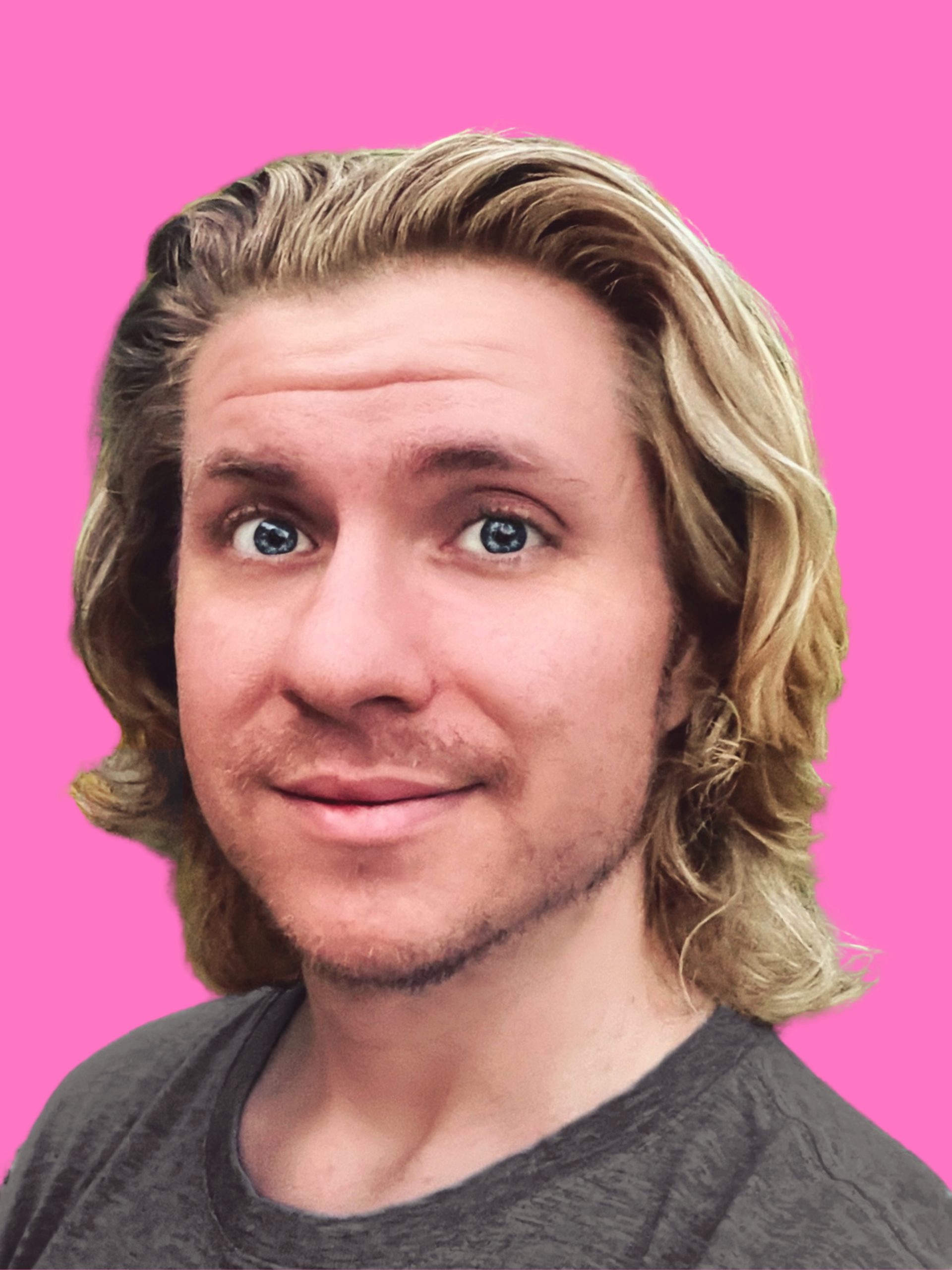
by Michele Kirichanskaya | Oct 30, 2021 | Blog
amanda lovelace (she/they) is the author of several bestselling poetry titles, including her celebrated “women are some kind of magic” series as well as her “you are your own fairy tale” trilogy. she is also the co-creator of the believe in your own magic...

by Michele Kirichanskaya | Oct 29, 2021 | Blog
Kat Calamia has been working in the comic book industry as a critic for over a decade with her YouTube channel, Comic Uno. She’s been writing for Newsarama since 2017 and also currently writes for DC Comics’ DC Universe – bylines include IGN, Fandom, and TV...

by Michele Kirichanskaya | Oct 27, 2021 | Blog
Gary Lonesborough is a Yuin writer, who grew up on the Far South Coast of NSW as part of a large and proud Aboriginal family. Growing up a massive Kylie Minogue and North Queensland Cowboys fan, Gary was always writing as a child, and continued his creative journey...

by Kevin Gilligan | Oct 26, 2021 | Podcast
https://geeksoutpodcast.libsyn.com/geeks-out-podcast-true-justice-and-the-bisexual-way In the return of the Geeks OUT Podcast, Kevin is joined by Aaron Porchia, as they discuss some of the biggest news #SinceWeveBeenGone, including the revelation that trans Amazons...

by Michele Kirichanskaya | Oct 22, 2021 | Blog
Steven Salvatore (they/them and he/him) is a gay, genderqueer author, writing professor, Mariah Carey lamb, and Star Wars fanatic. They hold an MFA in Creative Writing from The New School. They currently live in Peekskill, New York, with their amazingly patient...






